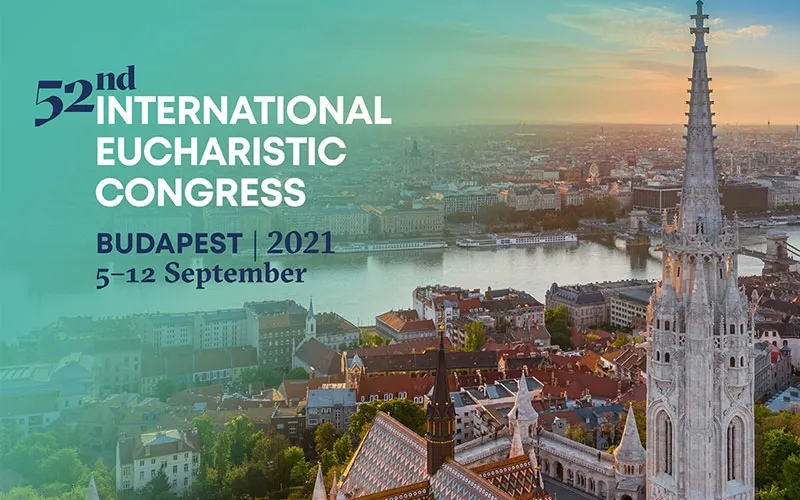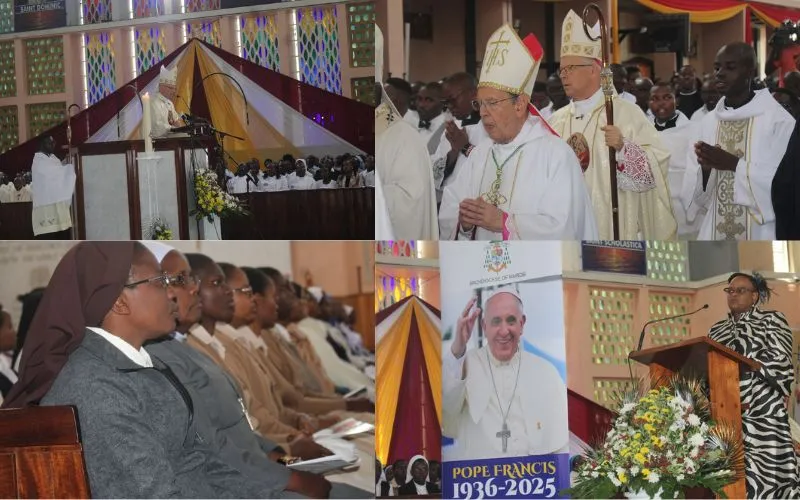“At the St. Stephen’s Basilica, youths and adults in their numbers joined in the over two hours of solemn adoration of the Lord in the Blessed Sacrament, with an excellent choir of forty and the orchestra of twenty-five musicians singing very lively hymns of Eucharistic adoration,” Archbishop Kaigama recalls.
He continues, “The Eucharistic Candle procession from the Parliament to the Heroes’ Square after the Saturday 11th September Mass was simply beautiful, and a clear demonstration of Eucharistic faith.”
During the Eucharistic celebration to conclude the International Eucharistic Congress on Sunday, September 12, Pope Francis encouraged Catholics to spend more time in adoration of the Blessed Sacrament to become more like Christ.
“Dear brothers and sisters, let us allow our encounter with Jesus in the Eucharist to transform us, just as it transformed the great and courageous saints you venerate,” the Holy Father said in his homily.
He added, “We do well to spend time in adoration before the Eucharist in order to contemplate God’s weakness. Let’s make time for adoration.”
In his reflection posted on Facebook September 12, Archbishop Kaigama expresses “immense gratitude” to the Holy Father, for "his words encouraging us to know and love Jesus more dearly and by His grace, to transform humanity, bedeviled by the pandemic of fear, anxiety, violence and indifference.”
The International Eucharistic Congress, Archbishop Kaigama notes, “afforded us the opportunity to celebrate the beauty of the Eucharist as the source, center and summit of our life as Catholics.”
“The Eucharist nourishes, heals and binds us and can be a remedy for a world that suffers a deficiency of moral values, allowing despair to displace hope, and some people trying hard to suppress the presence of God and drown His voice or pretend to teach, advise and reprimand God, because they believe in their scientific progress,” the Nigerian Archbishop says.
Making reference to the September 10 testimony of the President of the Republic of Hungary, János Áder, Archbishop Kaigama says, “the President no doubt, shows that he is a leader who combines politics with genuine spirituality.”
“It was inspiring to see him well-seated with the Deputy Prime Minister and other Government officials over one hour before the commencement of the Saturday Mass as well as the closing Mass of the Holy Father on Sunday,” the Local Ordinary of Nigeria’s Abuja Archdiocese recalls.








